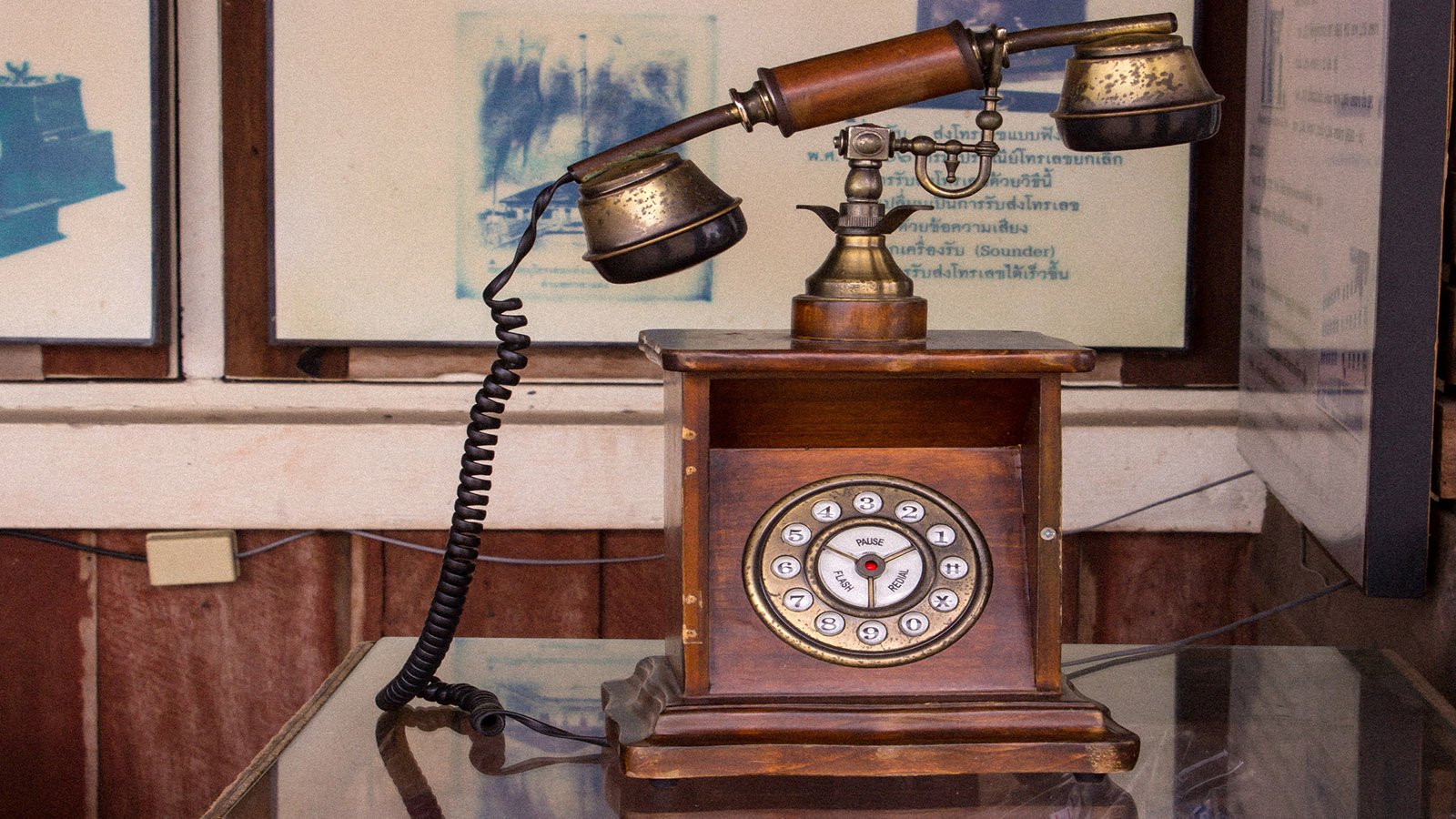As each generation comes of age, it invariably leaves its unique imprint on culture, technology, and societal norms, shaping the world in its own image. Generation Z, the cohort born roughly between 1997 and 2012, is no exception.
Known for their tech-savviness and progressive values, this group is redefining many aspects of daily life, much to the curiosity of older generations.
Manual Transmission

Gen Z drivers prefer the convenience of automatics, steering clear of the complexities of stick shifts. This shift is accelerated by car manufacturers increasingly favoring automatic production, citing declining demand for manual options as younger drivers dominate the market.
Four-Year College Programs

Generation Z is rethinking the value of traditional four-year college degrees, questioning the return on investment in an era of ballooning student debts. They are increasingly drawn to shorter, cost-effective educational pathways like online courses, boot camps, and certification programs, which promise faster entry into the workforce and less financial burden.

Once the king of social media, Facebook is seeing a significant decline in its younger user base. Generation Z finds platforms like Instagram, Snapchat, and TikTok more appealing, as these newer platforms offer more engaging, visual, and interactive content, better suiting their fast-paced, multimedia-driven communication preferences.
Casual Dining Chains

The convenience and variety offered by fast-casual restaurants and delivery services are overshadowing traditional sit-down casual dining chains. Gen Z values speed, diversity, and convenience, choosing eateries that can offer a quick bite or a digital order over more time-intensive dining experiences.
Cable Television

The rise of streaming services has led to a significant decline in cable TV subscriptions. Gen Z, with their preference for on-demand content, flexibility, and lower costs, is leading this shift. Streaming platforms provide them with a tailored viewing experience, devoid of the rigid schedules and high costs associated with traditional cable.
Business Dress Codes

As workplaces evolve, so does office attire. Gen Z has ushered in a preference for more relaxed, comfortable clothing, challenging the norms of formal dress codes. The pandemic’s shift to remote work has only accelerated this trend, with young workers prioritizing comfort and individuality over formality.
Diamond Engagement Rings

The traditional diamond ring is losing its luster among Gen Z couples, who are more likely to seek sustainable, ethical alternatives. Concerns over the environmental and ethical implications of diamond mining drive interest in other gemstones and recycled materials, reflecting their broader values of sustainability and ethical consumption.
Print Media

Newspapers and magazines struggle to maintain relevance as Gen Z consumers turn to digital platforms for faster, more accessible news and entertainment. The instant availability of global information online fits seamlessly into their digital-first lifestyle, diminishing the appeal of print media.
Bar Soap

Liquid soaps and body washes are favored over traditional bar soaps, seen as more hygienic and convenient. Gen Z’s preferences for customization and variety in scents and ingredients also play into this shift, reflecting broader trends in personal care towards individualized, experience-driven products.
Traditional Work Hours

The 9-to-5 workday is becoming obsolete as flexible work schedules gain traction. Gen Z values work-life balance and the ability to work when they are most productive, irrespective of traditional hours. This shift is facilitated by technological advancements that allow for remote and asynchronous work.
Malls

The traditional mall is facing decline as online shopping offers more convenience, variety, and often better prices. Gen Z shoppers, proficient with digital tools and e-commerce, prefer shopping online where they can easily compare products and prices and enjoy the convenience of home delivery.
Gyms

Traditional gyms are losing ground to personalized fitness routines and boutique studios that offer specialized classes like yoga, pilates, and spin. Gen Z favors wellness experiences that align with their personal health goals and schedules, often utilizing apps and online platforms to tailor their fitness regimes.
Landline Phones

Once a household staple, landlines are becoming increasingly obsolete in the age of smartphones and digital communication. Gen Z, having grown up with mobile technology, sees little need for a fixed phone line when all communications can be handled on their personal devices.
Dairy Milk

Plant-based alternatives are on the rise as Gen Z opts for non-dairy milk due to health reasons, environmental concerns, and animal welfare issues. This shift is part of a broader trend towards plant-based diets, which are seen as healthier and more sustainable.
Corporate Loyalty

The concept of a lifelong career with a single company is fading, as Gen Z workers show a preference for diversity in their career experiences. They value personal growth, learning opportunities, and the ability to move freely between roles and industries over traditional corporate loyalty.
Checkbooks

Digital payment methods are replacing checkbooks, reflecting Gen Z’s preference for fast, secure, and paperless transactions. Online banking, mobile apps, and digital wallets are favored for their convenience and efficiency, aligning with the digital nature of their lives.
Door-to-door Mail Delivery

With the rise of email and digital communication tools, traditional mail is used less frequently. Gen Z prefers instant, digital forms of communication, relegating snail mail to a niche role for physical packages rather than day-to-day information exchange.
Single-use Plastics

Environmental concerns drive Gen Z’s rejection of single-use plastics, opting instead for reusable or biodegradable options. This shift reflects their strong environmental values and desire for sustainable practices in all aspects of life, from shopping bags to straws.
Sedans

The popularity of sedans is waning as Gen Z and millennials prefer SUVs and electric vehicles, which offer more space, versatility, and eco-friendly options. The automotive market is adapting to these preferences, focusing more on developing and marketing vehicles that align with contemporary values and lifestyles.
Pre-packaged Vacations

Gen Z travelers prefer building their own unique experiences rather than traditional, pre-packaged vacation deals. They use technology to research, customize, and book their travels, seeking authenticity and personalized adventures that reflect their individual tastes and interests.


